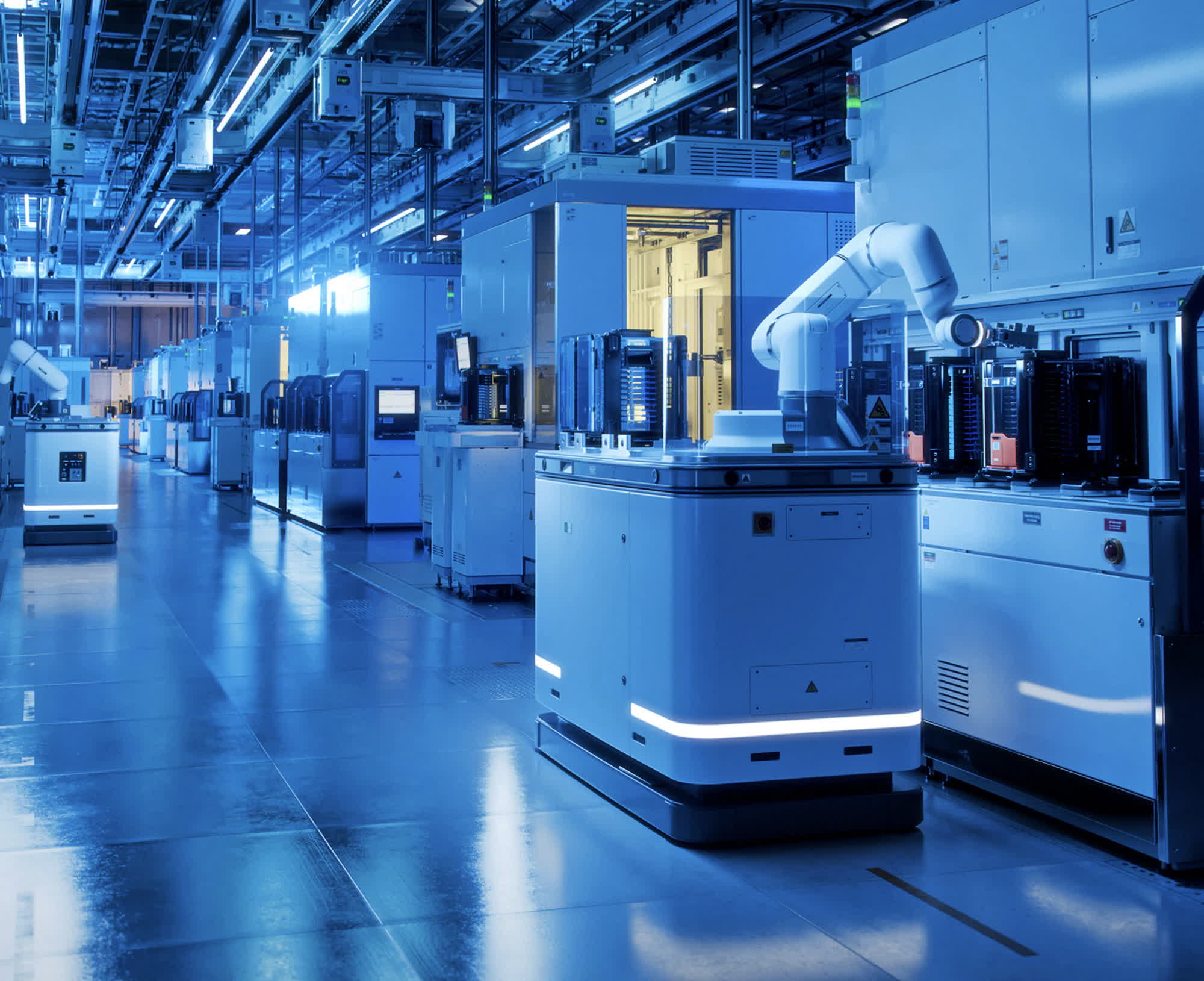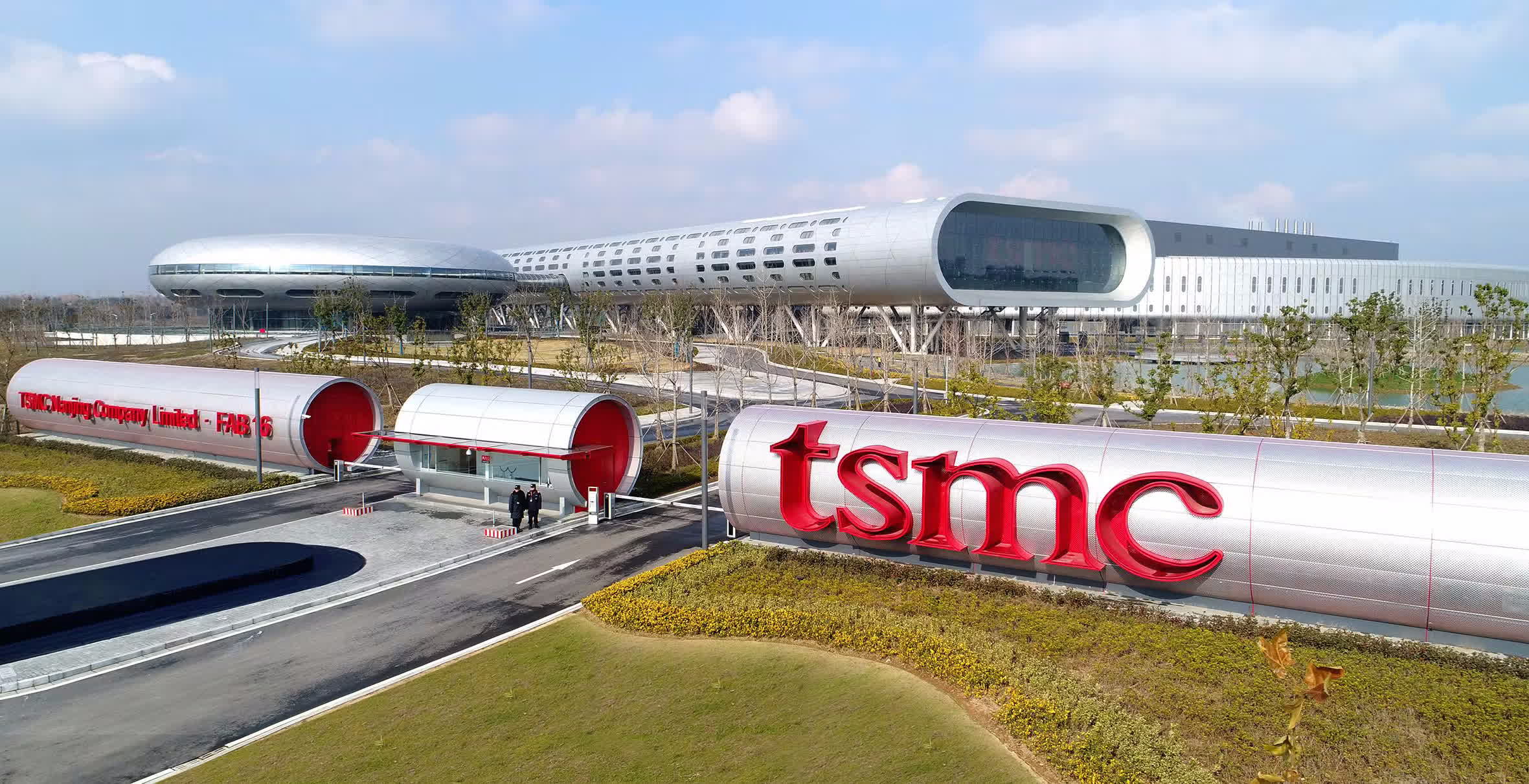A hot potato: Morris Chang is a legendary figure in the semiconductor business. The Taiwanese-American businessman and electrical engineer founded TSMC in 1987, and is known as the father of the entire semiconductor industry of Taiwan. And he's still making some bold predictions about the future.
Chang recently stated that the current demand for AI hardware accelerators is so high that his company will soon have to multiply its production capacity at staggering rates. Chang spoke during the inauguration ceremony of TSMC's first manufacturing plant built in Japan, stating that he is expecting a new "chip renaissance" for the Asian country.
The TSMC founder said he spoke with unnamed representatives of AI chip companies, and that those executive figures made some unprecedented requests to the Taiwanese foundry. "They are not talking about tens of thousands of wafers," Chang said, they want TSMC to build new manufacturing plants. At this rate, TSMC will need to open three, five, ten new fabs, Chang stated.
GPUs and other specialized chips are based on highly parallel designs, providing a significant boost in AI applications such as machine-learning model training or inference-based chatbots. Demand for those silicon products is higher than ever; entire corporations are re-focusing their business around the new industry hype and Nvidia – the undisputed herald of the AI boom – recently admitted that it will not be able to satisfy the world's hunger for more AI chips by itself.

However, building an entirely new chip manufacturing plant is an extremely expensive venture, even for one of the few world-class foundry companies like TSMC. After his bombastic predictions, Chang then offered a more tempered forecast for the future. The TSMC founder predicts that actual industry demand for new AI chips will likely be "somewhere in the middle," between tens of thousands of wafers and "tens of fabs."
While attending the opening ceremony of TSMC's new Japanese plant, Chang said that he first arrived in the country in 1968, to start a joint venture between Texas Instruments and Sony. After founding TSMC, Chang saw the cultural and talent similarities between Taiwan and Japan for the then-nascent semiconductor industry.
In the late 1980s, the Asian nation owned six of the top ten global chipmakers. After missing the PC revolution, Japan's lead was later eroded by rivals from the US, Taiwan, and South Korea. Today, the world's largest chip manufacturers are all outside Japan, while local consumer electronics corporations still hold significant market shares in the image sensor business (Sony), automotive applications (Renesas, Rohm), and NAND Flash memory chips (Kioxia).
